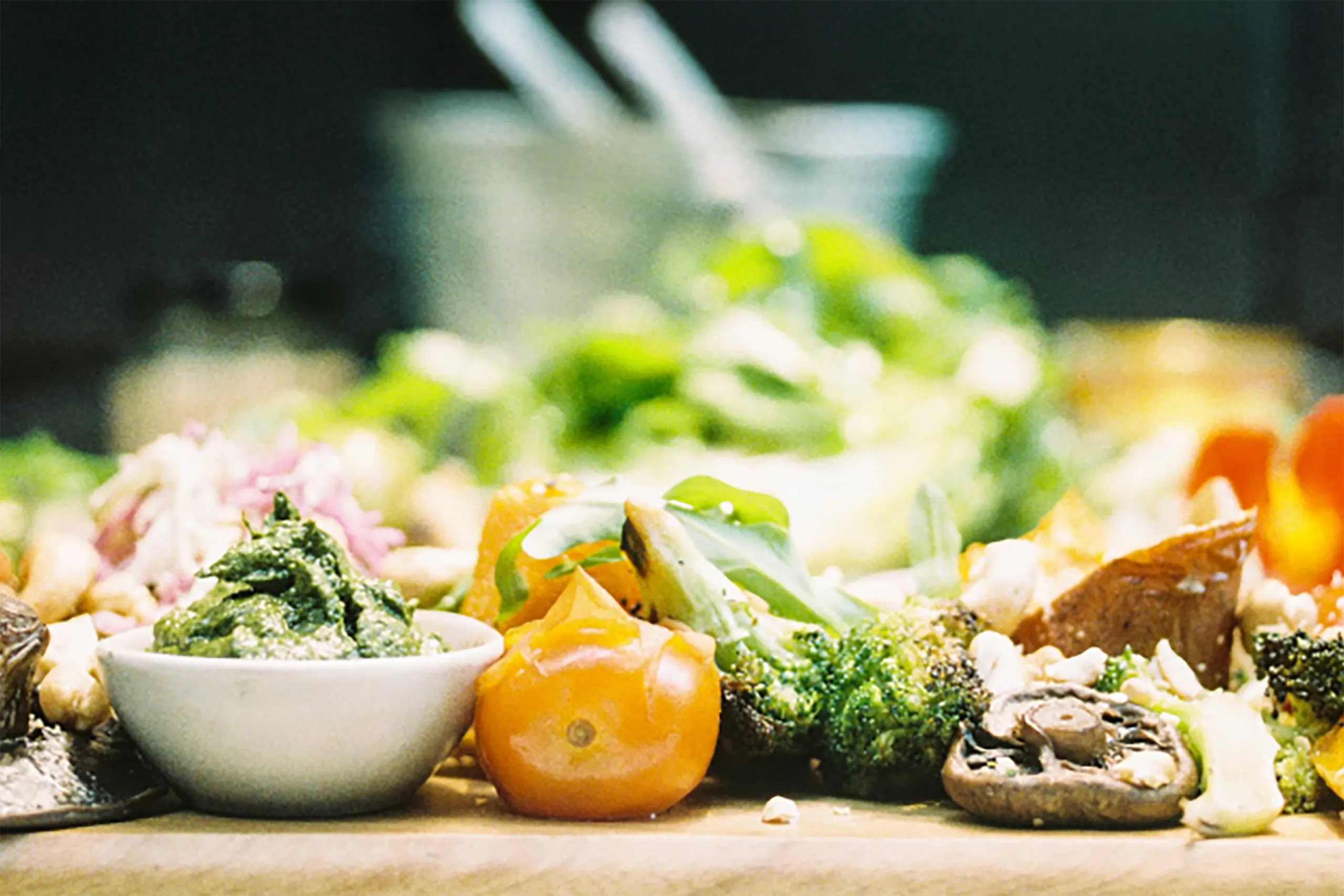Food waste accounts for about a third of all food produced for human consumption. We’ll just let that sink in for a moment…
That is just one of many troublesome food waste facts that global society needs to address if we want to create a more sustainable future. In this blog, we’re going to show you why food waste is such a problem and offer some solutions we can all work on to help prevent such needless waste.
We hope you’re sitting down for some of these food waste facts. They’re pretty shocking!
1. UK farmers waste 10 – 16% of their crop every year
Why? Because the perfectly edible crop is the wrong size or, wait for it… too ugly! Supermarkets, for example, are unwilling to buy vegetables if they don’t meet a certain physical standard. They’re effectively body shaming carrots!
There are already steps in place to address this, but we certainly need to do more. Next time you go to the supermarket, pick up a bag of “wonky veg” rather than the unrealistically and unsustainably perfect versions. They all taste just the same – and will probably taste even better as you’ll know you’re helping prevent unnecessary waste.
2. 80 million pints of milk are thrown away in the UK yearly
Thanks to ‘use by’ labels, us Brits are throwing away approximately 80 million pints of milk every year. That’s especially difficult to swallow when you know that milk waste has the highest contributor to greenhouse gas emissions compared to all other food.
You can help reduce milk waste in a number of ways. Buying only what you know you’re going to consume is a simple first step. You can also do the sniff test before throwing milk away simply based on the use by date. If we extended the use by date by just one day, we could save 250,000 tonnes of food from being wasted each year.
3. The average household wastes £470 of food per year
Throwing almost £500 away seems unthinkable to most people. Yet, the average UK household throws away the equivalent of £470 worth of food every year. For households with children, that rises to a whopping £700!
If you want to help prevent food waste, and save yourself some money while you’re at it, think more carefully about your food consumption. Plan your meals ahead of your weekly shop so you only buy the ingredients you know you’ll need. It’s better to have to top-up shop than buy too much and end up throwing good food away at the end of the week.

4. UK supermarkets throw away 190 million meals annually
Yes, you read that right. The equivalent of 190 million meals are thrown away by UK supermarkets each year, based on data from 2021. With one in five people living in poverty in Britain, those meals could make such a difference to people’s lives if big businesses thought about more than making a huge profit.
Waste and Resources Action Programme are a Government-backed charity working to rescue as much of this waste as possible. As we know, use by dates are unnecessarily damning and the food will likely still be safe to eat (we’re sure you’ll make reasonable judgements for yourself). WRAP are helping supermarkets and many more organisations to use their resources more sustainably.
5. 6% of global greenhouse gas emissions come from food waste
Approximately 26% of annual global greenhouse gas emissions can be attributed to food. We’ve all got to eat, so it’s understandable a large proportion of our resources are dedicated to that goal. But 6% of that total comes from wasted food.
As food biodegrades in landfill, it generates methane, which is 25 times more potent than carbon dioxide (CO2) at trapping heat inside our atmosphere. But don’t worry, there’s a lot we can do to combat that!
At home, you can create your own compost with your food scraps. Not only will that stop food waste creating emissions in landfill, you’ll also be able to help regenerate the UK’s soil. Our top soils are severely malnourished after years of abuse. We need to help increase soil fertility to enable us to continue growing in the future.
On a larger scale for businesses, if they’re not looking to compost, food waste can be used from anaerobic digestion and actually turned into energy. This is just one solution available for businesses who are looking to transform their waste management and send zero waste to landfill. Agecko are experts in diverting waste from landfill and we offer a free waste audit to help businesses become more sustainable.
The problem of food waste
As we’re sure you’ll agree, food waste is a big problem. But, there are lots of solutions we can start working on together today! Think about your own food consumption and see if you can reduce your own food waste at home as well as campaigning for change in businesses. Together, we can help stop that third of all food produced getting wasted.
